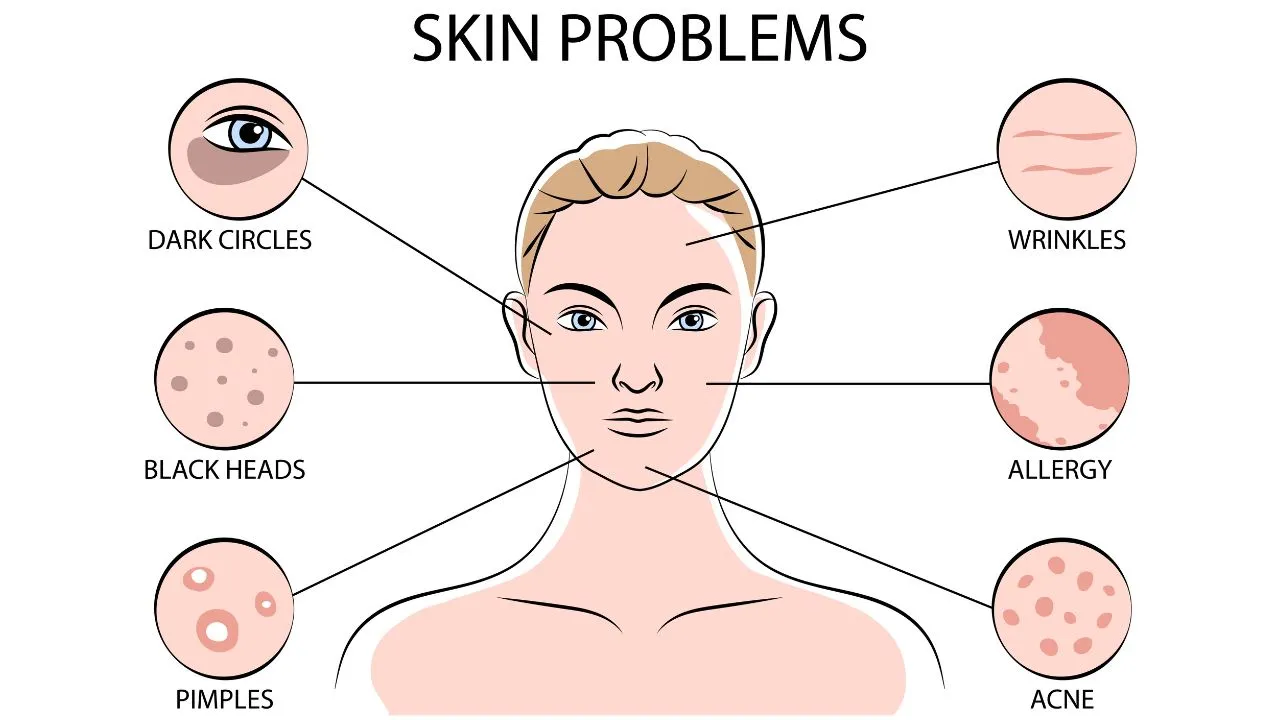Consult a specialized hair loss expert to help you with effective solutions and treatments.
Consult a specialized hair loss expert to help you with effective solutions and treatments.
Blog Article
Mohs Surgical Treatment Explained: A Key Procedure in Dermatology for Managing Skin Cancer Properly
In the world of dermatology, Mohs surgery stands as an essential treatment for combating skin cancer, especially basal cell and squamous cell cancer. What precisely makes Mohs surgery so efficient and how does it contribute to favorable person results?
Comprehending the Fundamentals of Mohs Surgical Treatment
Although it may sound complicated, Mohs surgical procedure is a specific surgical method made use of primarily to deal with skin cancer. Called after Dr. Frederic E. Mohs, who developed the treatment, it gives the highest possible remedy price for sure kinds of skin cancers cells, including basal cell cancer and squamous cell cancer. The main goal of Mohs surgery is to get rid of all cancer cells while saving as much healthy and balanced tissue as feasible. It acts as a recommended choice for cancers found in cosmetically delicate or functionally crucial locations like the face, hands, feet, and genitals. Its precision and high success rate have made Mohs surgery a foundation in dermatology, using hope to clients worldwide. It is necessary to keep in mind, however, that this treatment is typically booked for details kinds of skin cancer cells.

The Treatment: Step-by-Step Failure of Mohs Surgical Treatment
While Mohs surgical treatment could seem difficult, recognizing the step-by-step procedure can aid debunk the procedure. The treatment begins with the specialist removing a thin layer of visible cancerous skin. This layer is then meticulously examined under a microscopic lense for cancer cells. If cancer cells are identified, the cosmetic surgeon gets rid of one more layer of skin and the process is duplicated. This cycle continues till no even more cancer cells are located, making sure the complete removal of cancer while protecting as much healthy and balanced skin as possible. The injury is after that closed utilizing stitches, a skin graft, or it may be delegated recover normally. Postoperative care is vital to promote healing and screen for any indicators of recurrence.
The Advantages of Mohs Surgical Treatment in Skin Cancer Therapy
An impressive number of people Get the facts have actually uncovered the distinct benefits of Mohs surgery in their fight against skin cancer cells. Pertained to for its accuracy, this strategy targets malignant cells while protecting bordering healthy and balanced cells, resulting in minimal scarring. Its high precision minimizes the possibility of cancer cells reoccurrence, supplying people with comfort. The treatment is typically done on an outpatient special info basis under local anesthetic, making it less taxing on the body than more intrusive surgical procedures. Additionally, as it involves immediate tiny assessment of the gotten rid of cells, it ensures complete cancer cells elimination in a single browse through. Therefore, it eliminates the demand for several surgical procedures, conserving time and reducing tension for patients. As a result, Mohs surgical treatment presents an exceptional choice for efficient skin cancer cells treatment.
Possible Dangers and Issues Related To Mohs Surgical Procedure
Regardless of its many benefits, Mohs surgery is not without potential risks and difficulties. In unusual situations, clients might experience nerve damages, leading to feeling numb or weakness in the area of surgical procedure. The psychological impact of a skin cancer medical diagnosis and subsequent surgical treatment should not be ignored, as it can lead to anxiousness and clinical depression in some look at more info clients.
Getting ready for and Recovering From Mohs Surgical Procedure: What to Expect
To make certain the ideal possible outcome from Mohs surgery, individuals need to adequately prepare for the treatment and recognize what to expect throughout recovery. Some medications could require to be quit prior to the surgical procedure to minimize blood loss. The trick to recovery is people' adherence to their health care service provider's instructions.
Conclusion

Report this page